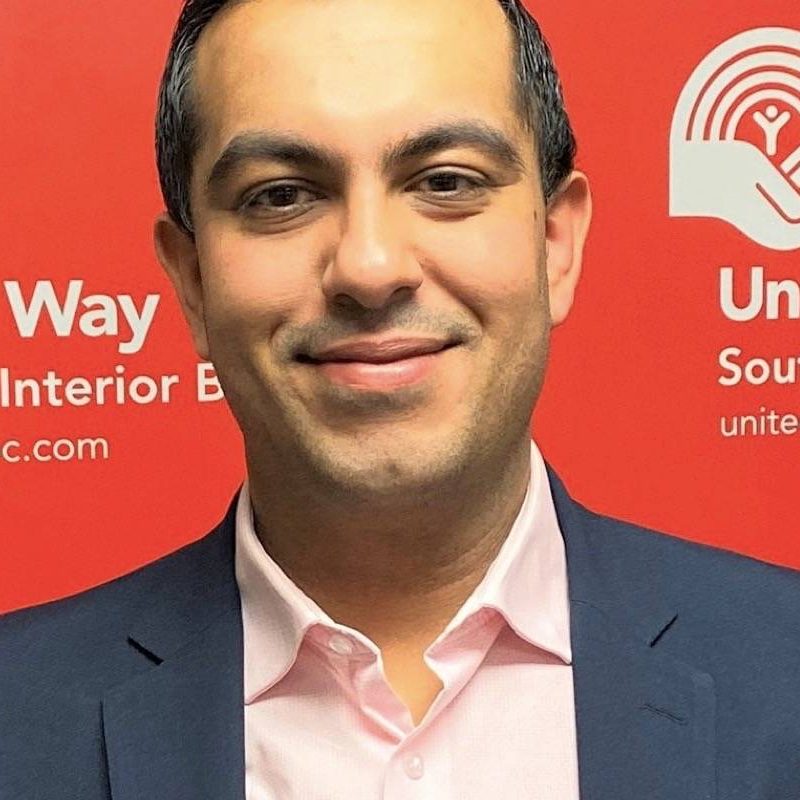Principal Researchers

Brianna Turner
Assistant Professor - University of Victoria
Dr. Brianna Turner is an Assistant Professor in Clinical-Lifespan Psychology at the University of Victoria, a Research Fellow with the Centre for Youth and Society, and an Affiliate Investigator at BC Children’s Hospital Research Institute.
Her research combines longitudinal, micro-longitudinal, and epidemiological surveys to understand when and why young people engage in behaviors that are physically harmful, such as self-injury and suicide, and how we can better understand and support their mental health needs. Her work applies a developmental lens to understand how evolving mental health trajectories contribute to long-term risk, resilience and wellbeing. As a Registered Psychologist, Dr. Turner brings extensive training and experience in evidence-based therapies for reducing self-harm, including Dialectical Behavior Therapy and the Collaborative Assessment and Management of Suicide, to her work. Dr. Turner has published over 30 peer-reviewed articles and contributed to numerous chapters on personality disorders and suicide. You can find her recent publications on Google Scholar.
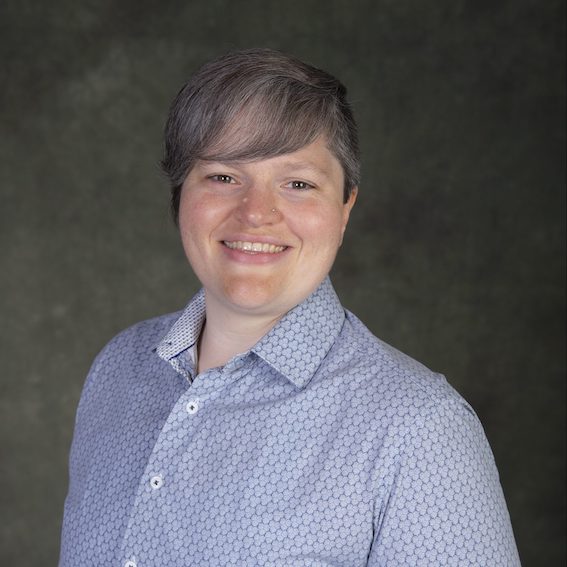
Theone Paterson
Assistant Professor - University of Victoria
Dr. Theone Paterson is an Assistant Professor in psychology at UVic, a Visiting Researcher at Baycrest Health Sciences Centre & the Rotman Research Institute, and is a registered psychologist in the Province of BC with declared competence in clinical neuropsychology across the lifespan. Her focus is on neuropsychological research with clinical applications, with interest in improving our understanding of the interplay between neurocognition and psychosocial functioning, and predicting real-world health outcomes in aging and chronic illness groups.
Her research examines health behaviours such as medication adherence in individuals with chronic illnesses, and explores the utility of emerging cognitive measures for assessment and diagnosis of cognitive impairment. Aims of this work are to translate basic research to clinical settings through design and implementation of screening measures with utility in diverse groups, as well as to develop psychological and cognitive programs aimed at improving real-world outcomes.
She is the chair-elect of the Neuropsychology Executive of the Canadian Psychological Association (CPA), and is currently a Co-Locally Responsible Investigator (Co-LRI – Victoria), and member of the Psychology Working Group and Data and Sample Access Committee of the Canadian Longitudinal Study on Aging (CLSA).
You can find her recent publications on Google Scholar and view her Neurotree here.

Chris Lalonde
Professor - University of Victoria
My research focuses on cultural influences on identity formation and social-cognitive development. I am currently engaged in research projects that examine the role of culture in the health and well-being of Indigenous youth. In partnership with the Inter Tribal Health Authority, I am involved in a study of injury rates within First Nations communities on Vancouver Island. In collaboration with the Assembly of Manitoba Chiefs, I am completing a project in Manitoba that examines culture and healthy youth development. At UVic, I helped to direct the LE,NONET Project that aimed to enhance the success of Indigenous undergraduate students.
For more information, see my website
Collaborating Researchers
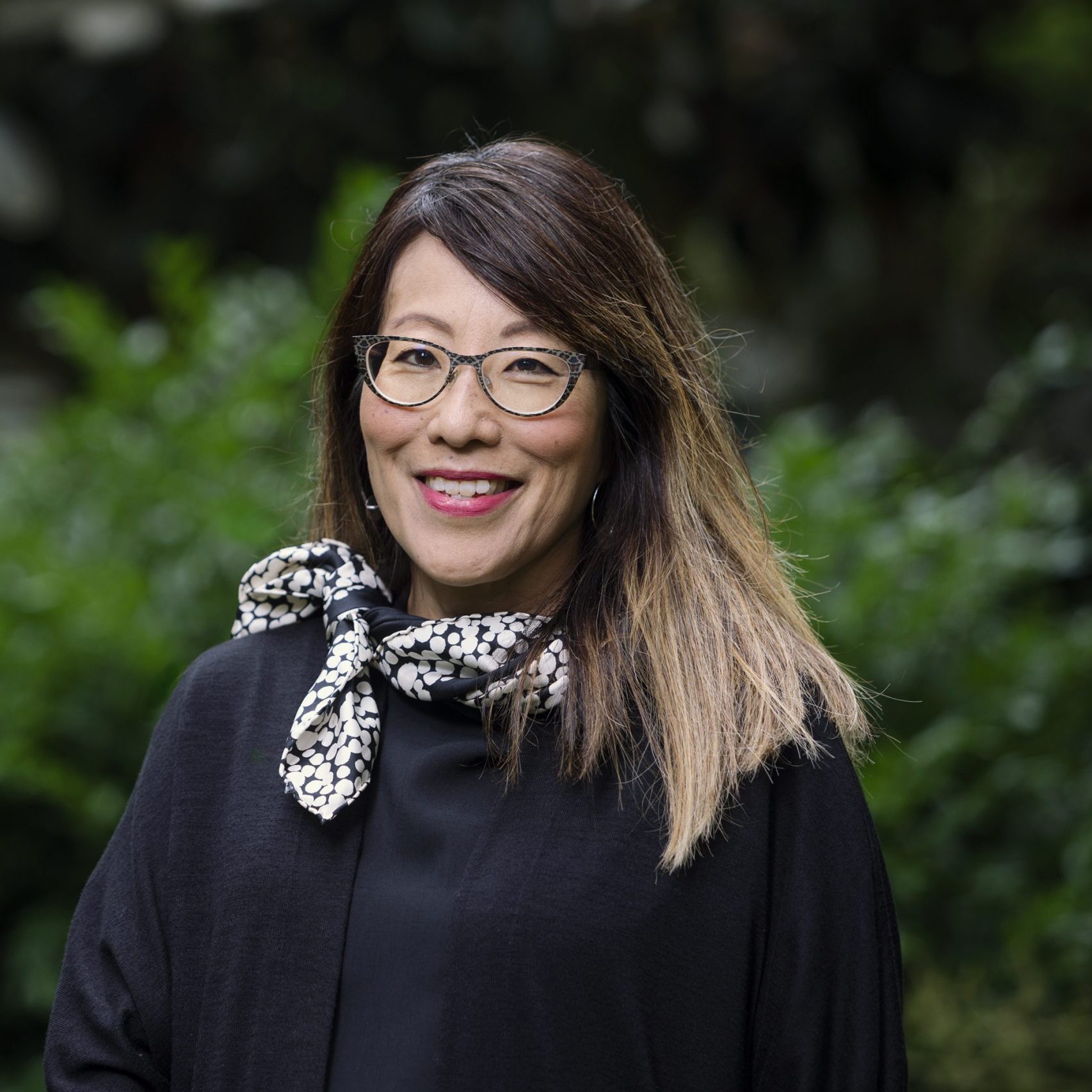
Karen Kobayashi
Professor, Associate Dean - University of Victoria
Dr. Kobayashi is a Professor in the Department of Sociology and a Research Affiliate with the Institute on Aging and Lifelong Health. She is a social gerontologist who uses a life course perspective to explore the intersections of structural, cultural, and individual factors/experiences affecting health and aging in the Canadian population. She believes that in order to develop a better understanding of the nexus between micro- and macro-levels of analysis in sociological theory, a mixed-method approach to research is needed. As evidenced in her diverse and on-going research program, her scholarly interests lie broadly in the areas of family and intergenerational relationships, ethnicity and immigration, dementia and personhood, and health and social care. The vast majority of her research to date has been developed and carried out collaboratively in interdisciplinary teams, spanning disciplines in the social sciences (i.e., sociology, geography, anthropology), human and social development (i.e., nursing, child and youth care), and medicine (i.e., neurology, geriatrics, geriatric psychiatry), and across a number of academic institutions (i.e., UBC, SFU, and Carleton) and departments within the BC Ministry of Health (i.e., Pharmacare, Chronic Disease and Injury Prevention, Healthy Living and Sport (former)). She has been nominated to and held positions in the Canadian Sociological Association and the Canadian Association on Gerontology, and is currently co-leader of the Ethnicity and Aging theme team for the National Initiative for the Care of the Elderly (NICE). In addition to her participation in organizations at the national level, Karen sits on the CIHR-IA’s Social Dimensions of Aging review committee, and has been a reviewer for SSHRC in both their standard research grant and CURA competitions.
With recent funding from CIHR, SSHRC, the BC Ministry of Health, and MSFHR, her current collaborative research program examines the social, economic, cultural, and health dimensions of an aging population with particular foci on: relationship between social isolation and health among older adults, the “healthy immigrant effect” in later life, evaluating shared site intergenerational programs in the context of social, health, and educational outcomes for older adults and students, older visible minority immigrant women’s health and well-being, new and emerging family formations, i.e., stepfamilies and Living-Apart-Together (LATs), and the implications of changing family relationships for social support in later life, caregiver appraisals of the efficacy of cholinesterase inhibitors, and
valuating the Residential Program Care Delivery Model in the Fraser Health Authority.

Rachelle Ashcroft
Assistant Professor - University of Toronto
Rachelle Ashcroft is an Assistant Professor in the Factor-Inwentash Faculty of Social Work at the University of Toronto. Dr. Ashcroft’s research examines the organization and delivery of mental health services within the context of interprofessional primary health care teams. As a health systems researcher, she also aims to interrogate and understand policy contexts in order to help strengthen processes of care for those in need of mental health care services.
Prior to her arrival at the University of Toronto in 2016, she was an Assistant Professor in the School of Social Work at Renison University College, University of Waterloo. Dr. Ashcroft completed the Social Aetiology of Mental Illness (SAMI) post-doctoral training program at the Centre for Addiction and Mental Health (CAMH). Dr. Ashcroft has >14 years of social work practice in various health care environments including community mental health, psychiatry, oncology, trauma, and neurosurgery.
Dr. Ashcroft is currently the Vice-President, Social and Professional Advocacy at the Ontario Association of Social Workers. As well, Dr. Ashcroft is a co-investigator and mentor in the Transdisciplinary Understanding and Training on Research Primary Health Care (TUTOR-PHC) program, a pan-Canadian interdisciplinary research capacity-building program that has been training researchers since 2003. The program is led by 30 co-investigators representing 14 universities and five provinces across Canada.
Research Assistants

Nicole Legg
Nicole is a 2nd year PhD student in the Lifespan stream of the UVic Clinical Psychology program. Nicole obtained her MSc in Clinical Psychology at UVic and her Honours BSc in Psychology from University of British Columbia Okanagan. Nicole is a graduate student and researcher in Dr. Brianna Turner’s Risky Behaviour Lab. She is interested in finding out when and why young adults engage in risky behaviours, with a specific focus on disordered eating behaviours. Nicole is also interested in examining factors that are related to resiliency versus distress during periods of acute and prolonged stress, such as the COVID-19 pandemic. Nicole will be assisting with data management, analysis, survey creation, and results dissemination for the current study.
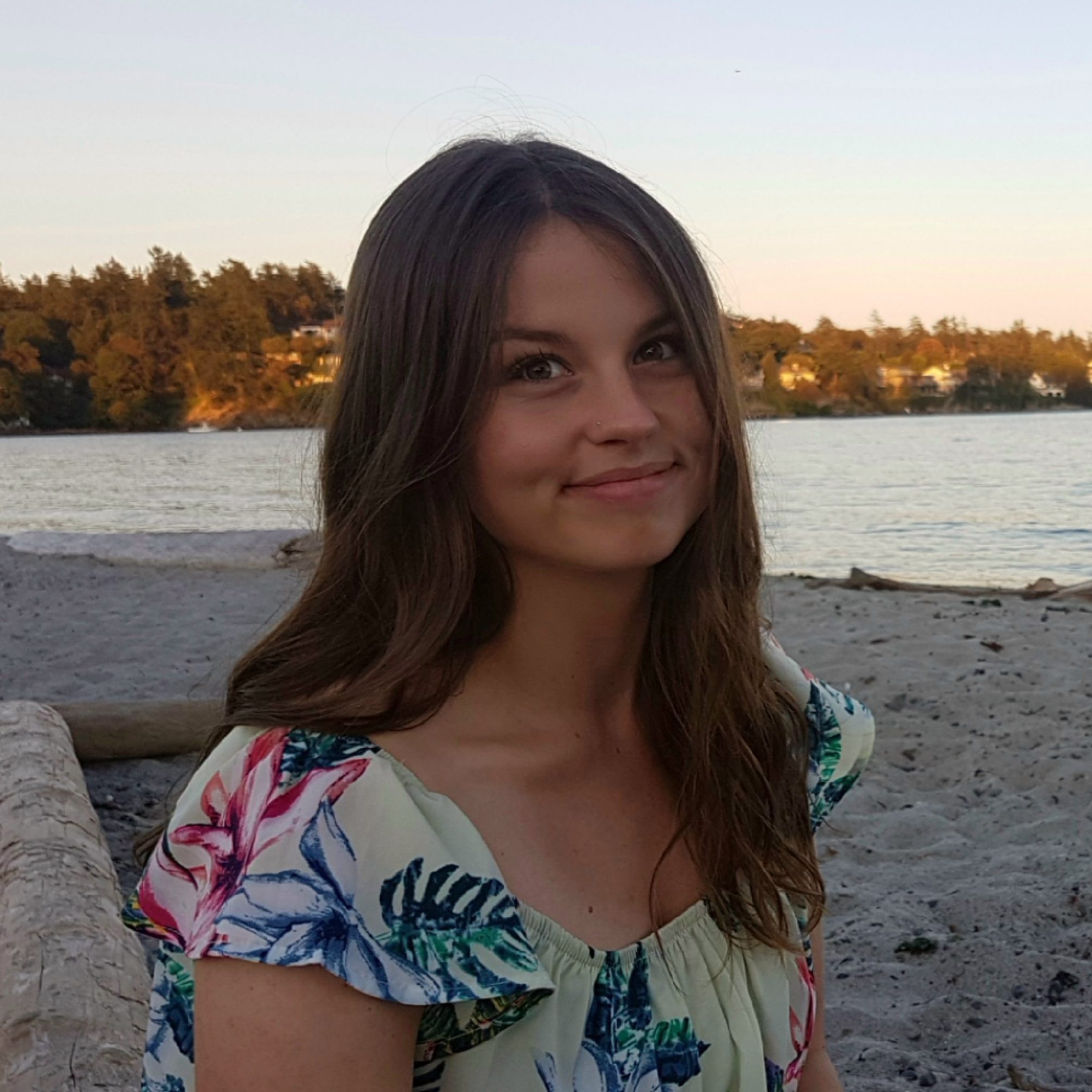
Reina Stewart
Reina recently completed her BSc in Psychology at the University of Victoria. Currently, she is investigating the diverse experiences of health care workers during the COVID-19 pandemic by helping to develop and conduct surveys with community partners.
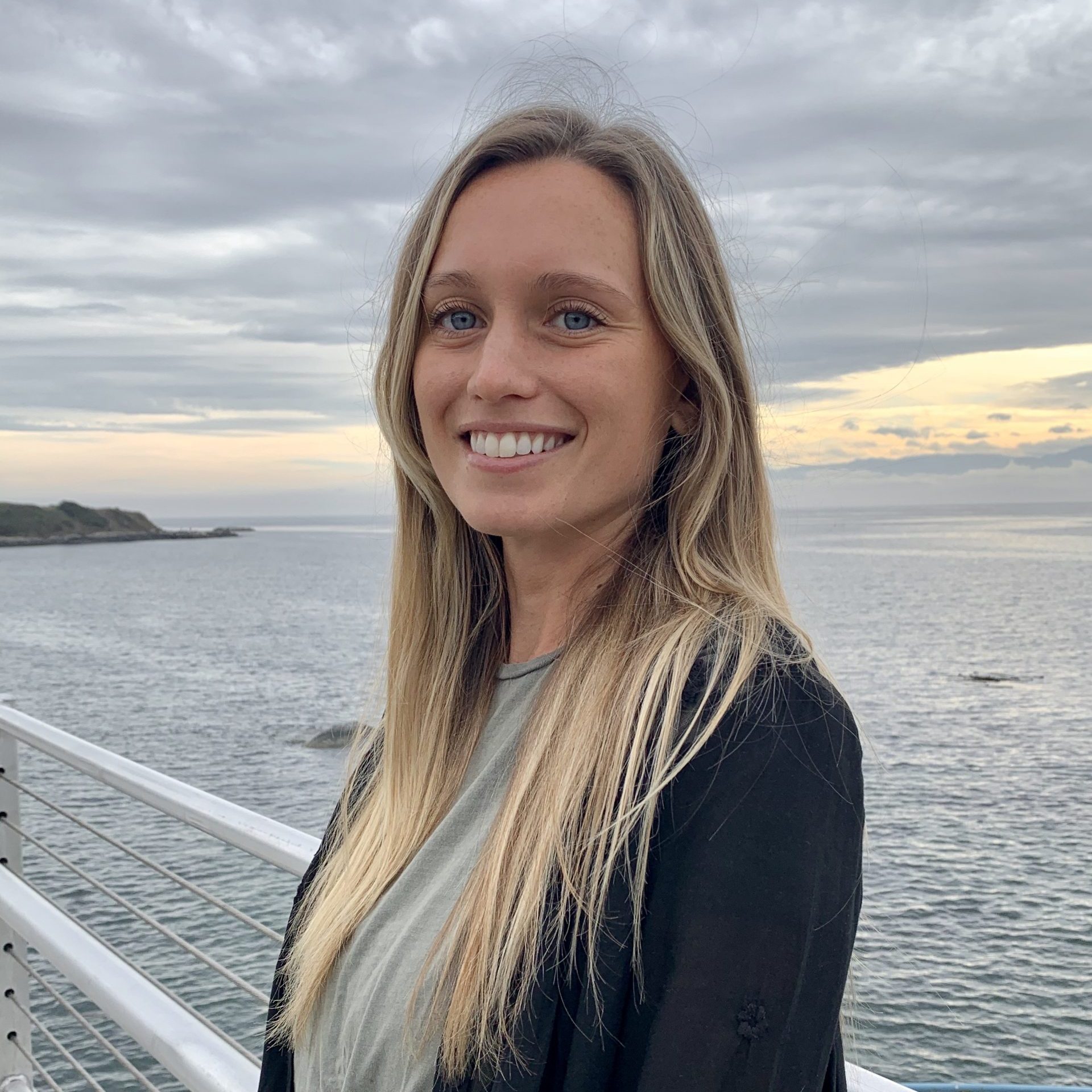
Jamie-Lee Barden
Jamie-Lee is a Psychology Research Assistant at UVic. As a member of this project she is responsible for data management, analysis, website development, and conducting targeted interviews. She also researches human cognition and memory in the Lindsay lab at UVic.

Zack Senay
Zack recently graduated with a BA (Hons) in Psychology and has broad-spanning interests throughout the field of psychology. His honours thesis as part of the Risky Behaviour Lab examined the role of emotion regulation and impulsivity in Disordered Eating behaviours during students’ transition from highschool to first-year University. He has conducted research in the Child Development Lab and so appreciates a developmental lens that accounts for the many contextual variables that influence traditionally assumed personality structures. He acknowledges the broader historical context within which research has been employed and is committed to growing cultural sensitive and decolonized research practices. Zack will be working to connect and develop relationships with Indigenous communities around Canada in order to help better understand how Covid-19 has affected these communities in hopes of improving desired support services and overall wellbeing.

Brooke Lagore
Brooke is a second year Master of Science Student in the Lifespan Health and Development Psychology program at the University of Victoria. She received a BA in Psychology Honours from Mount Royal University in Calgary, Alberta. Her research focuses on understanding biopsychosocial factors impacting academic success, career attainment, and learning motivation among adolescents and young adults. She is also interested in policy implementation, organizational improvements, and service-accessibility for improving stress recovery and learning efficiency in education. Her research interests also explore Indigenous research paradigms, decolonizing perspectives, trauma-informed care, and community-based research. As part of her thesis, she is assessing the impacts of COVID-19 on the stress recovery and academic success of Indigenous and non-Indigenous post-secondary students. Her previous experience has involved the management of residential environments supporting individuals with diverse abilities. This role involved implementing trauma-informed approaches to the workplace, as well as establishing improvements to both social and health-based services made available to individuals. For this study, Brooke will assist with data management, survey creation, analysis, and the dissemination of results.

Jennifer Reeves
Jennifer is an honours student in the BRAIN lab, and will be assisting on this project. Her own honours research is examining the mental health of university students, including the impact of self-care habits, hobbies, COVID-19, and year of study.
Knowledge Users
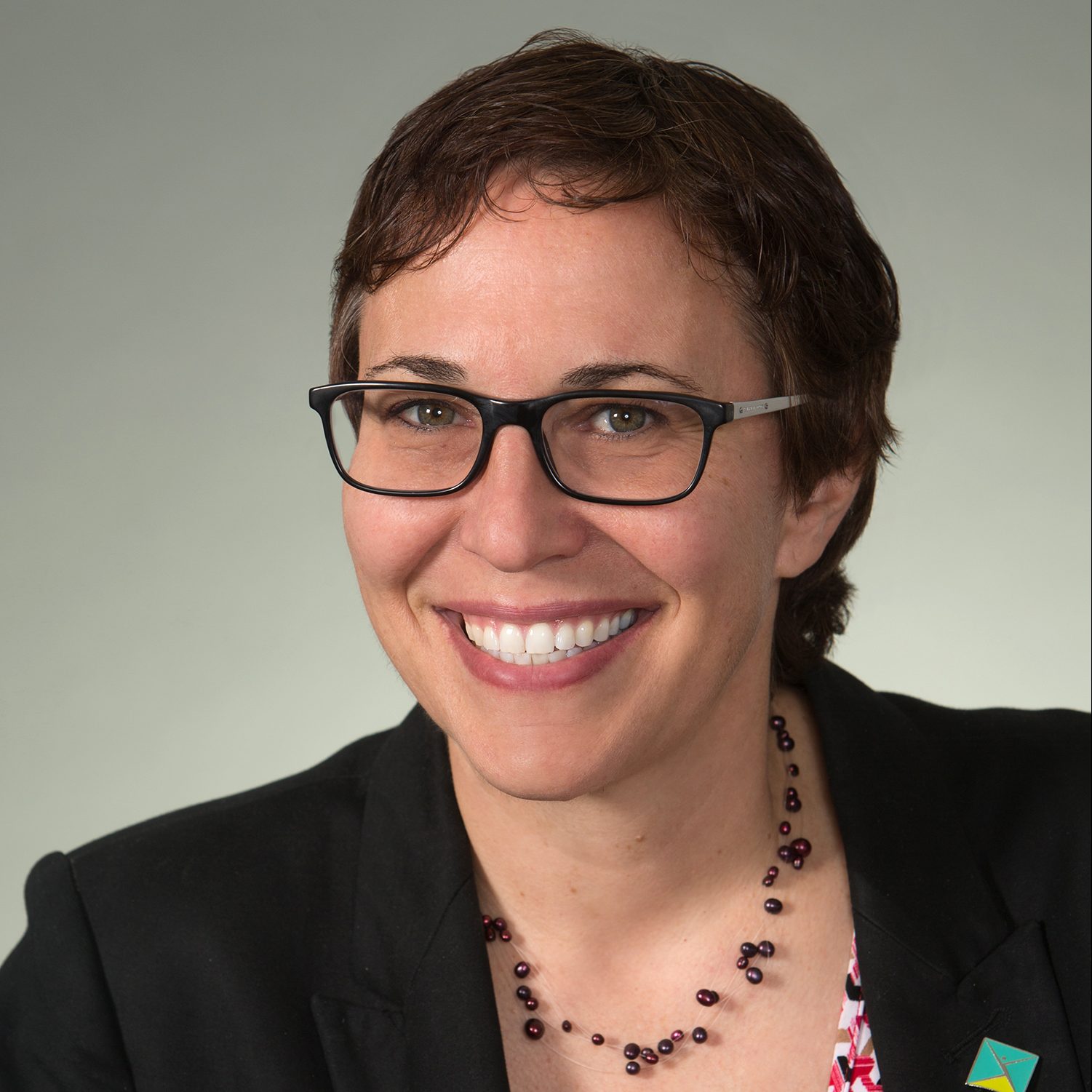
Rebecca Shields
CEO - Canadian Mental Health Association for York Region and South Simcoe
Rebecca Shields is the CEO and transformational impact leader of the
Canadian Mental Health Association for York Region and South Simcoe. Rebecca has been in senior leadership positions for over 23 years and considers herself fortunate to be enjoying a prolific career in the social profit sector.
She has earned nation-wide recognition for her leadership in community development,
inclusion for persons with disabilities, LGBTQ rights, support for youth at risk, mental health and addictions, cultural competency, and innovation. Rebecca plays an integral role in Ontario’s restructuring of the health care system, serving as an anchor partner of two Ontario Health Teams and part of three others. She is leading the development of the York Region Mental Health & Addictions Crisis Hub, co-chairs the Region’s Human
Services Planning Board, and chaired the Region of York’s Service Coordination
Council for Mental Health and Addictions for its three-year mandate.
Under Rebecca’s leadership, CMHA York & South Simcoe as an agency has received
numerous accolades, including Canadian Non-Profit Employer of Choice for the past
five years and being named one of Canada’s 10 Most Admired Corporate Cultures, and
recognition across Canada as industry leaders in cultural competency and innovation.
She is a mental health advocate, philanthropist, and committed community builder who, after many years, has figured out that great planning inspires hopes and dreams and not the other way around.
As a leader and champion for mental health, the mission of the Canadian Mental Health Association, York & South Simcoe Branch is to facilitate access to the resources people require to maintain and improve mental health and community integration, build resilience, and support recovery from mental illness and addiction.
Since 1984, our team of staff, volunteers and donors have supported people in their recovery journey towards mental health and wellness. We believe in client, family and caregiver-centred care through partnerships, accountability and action. We embrace innovation to lead and create
transformational impact by focusing our resources and implementing strategies that truly save, support and improve lives.
We help people learn how to maintain their mental health, look for and identify the signs of mental illness, and get help and support when they need it. Through several locations across York Region and South Simcoe, we provide a wide range of services to assist individuals with their recovery. Our multi-disciplinary team of professionals are dedicated to assisting people achieve their optimum level of mental health.

Ashley Fischer
Clinical Neuropsychologist - Alberta Health Services

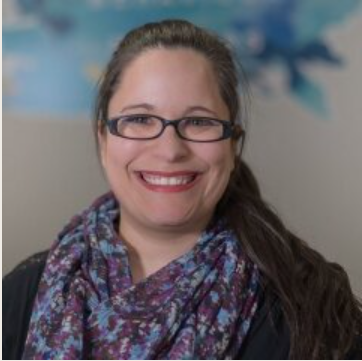
Emily Rogers Nannarone
Clinical Counsellor - Community Counselling and Resource Centre
Emily Rogers Nannarone is a registered clinical social worker and social justice advocate. Emily has devoted 10+ year career to working with children, adolescents, adults and families struggling with mental health, addiction, and poverty. She currently practices at a local community counselling non-profit in Peterborough, ON where she works with clients from Peterborough and the surrounding area, including Curve Lake and Hiawatha First Nations. In addition to her role as a community-based mental health practitioner, Emily also provides clinical supervision at a children’s mental health and social skills training agency in North York, ON and has spoken as several conferences and panel discussions.
Emily is excited to be a part of this project and looks forward to working with the team to better understand the psychological impacts of COVID-19 and work towards developing more supportive ways to assist communities moving forward.
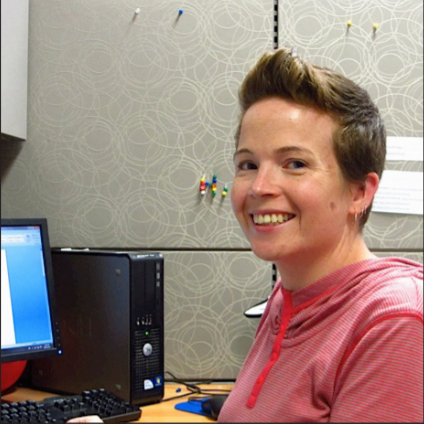
Jodi Tennant
Community Mental Health Worker in Toronto






